
Published:
Readtime: 18 min
Every product is carefully selected by our editors and experts. If you buy from a link, we may earn a commission. Learn more. For more information on how we test products, click here.
Nick English is nursing a single malt whisky, seated in a comfy leather chesterfield with a Union Jack cushion, in his cosy new Bremont boutique on Melbourne’s Collins St. It’s the first Australian store for the brand, founded by Nick and his brother Giles, which, in a short space of time, has become the go-to watch of choice for pilots and military personnel across the globe, earning this reputation for their commitment to overengineered timepieces that are made to take a belting, with their stoic British heritage proudly on display.
You’ll also like…
12 Best Field Watches for Men
“It’s all modelled off the first store we ever did, in Mayfair, which is bigger, but it’s got a relaxed, sort of club-like feel”, he says, looking around, having only set foot inside the store five minutes before my arrival. “I think, obviously, they need to wear in”, he openly adds.
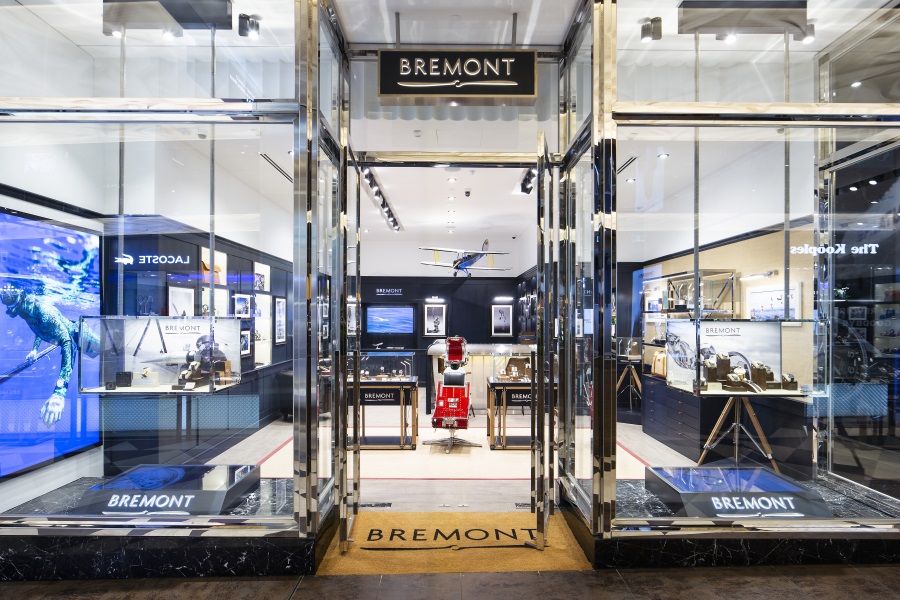
The store is very shiny–new stores tend to be–, but Nick’s affiliation with Australia started almost 30 years ago, when he lived in a ’67 Ford Falcon, outside the Manly Pacific Hotel in Sydney.
For about four months in 1990, he spent his mornings surfing, and his days working at the Darrell Lea chocolate store on George Street, and saving money. “We saved enough money to go up the coast, and did all the bits there. You know, what backpackers did back then”, he casually notes.
Now, all these years later, and hardly slumming it, he is bringing his slice of Mayfair to Australia. “I do just think that as two countries, two nations, we share very similar values.
“Based on that, and from the Australians you meet in the UK–they come to our boutique all of the time in London–we thought, ‘Actually, they’re owed something here.’”
Bremont watches are famed for their design cues, which avoid the cliches and easy selling points for which other brands so often fall victim. When asked if there is a Bremont for everybody, Nick answers with a single word before I finish the question: “No.”
“You can’t design through committee. Giles and I do all the design, so we don’t go to a group of 20 people and go, ‘Right, let’s design the best watch.’ We know we’re not going to appeal to everyone. And I think as soon as you do that, you will dilute what you’re about.
“We’re not a fashion brand, we’re not clad in diamonds, we’re not oversized, we’re not bling, we’re not quartz, we’re not massively cheap, we’re not really expensive. We’re not a lot of things.”
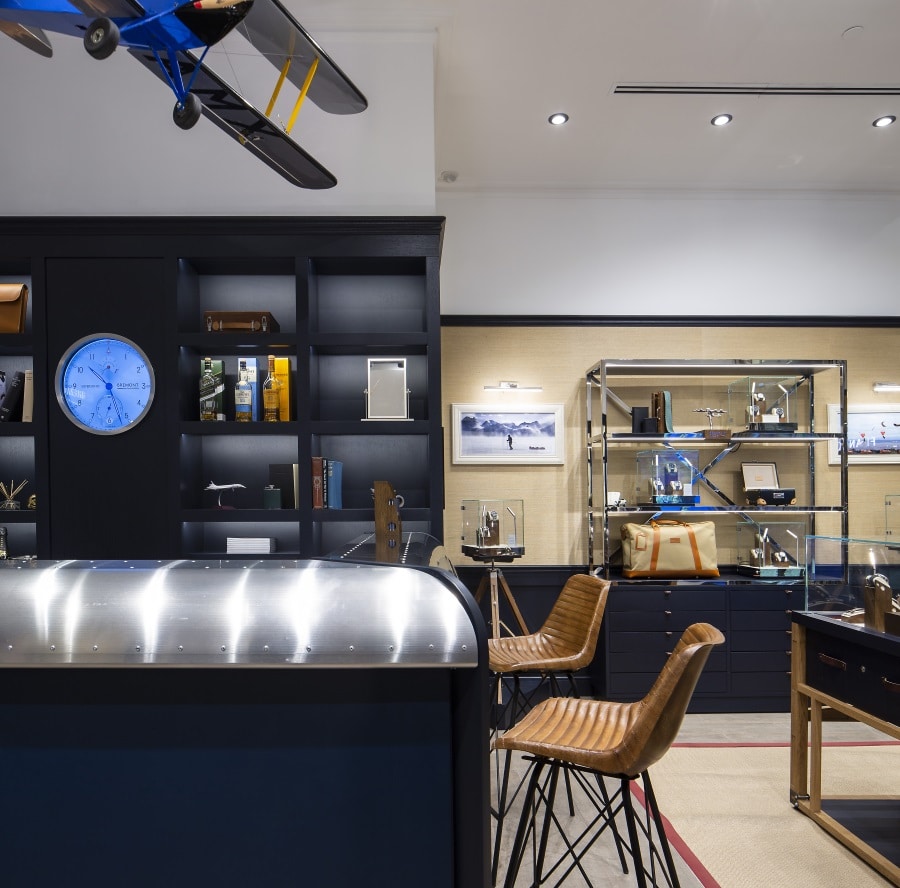
What Bremont watches are, however, has earned the company much praise, and it all started in a place called Henley-on-Thames.
“I moved to Henley about 15 years ago, and that’s pretty much when it started; the workshop side of things. And now, if you go, there’s two main facilities there. One is where you see all the watchmakers, the trainee watchmakers, and the watch technicians. Every watch is assembled there. That’s sort of the HQ with most of the operations.”
A 15 minute drive from Bremont HQ, however, and you’re at their second facility, one where the cases and movements are manufactured from scratch. “You’ll see a bar of metal going in, cases, and our movement parts (coming out). Stuff which hasn’t happened in the UK for decades, so that’s quite fun to see.”
Back to looking at the store, and one item sticks out like a sore thumb. Smack bang in the centre of the entrance placed there no doubt for maximum impact is an old, clearly used, ejector seat from a fighter plane.
“This is important because two or three of our partnerships have gone on for close to ten years, and one of those is Martin Baker. And that was a really important partnership, and still is, for the DNA of the brand. They make 70 per cent of the Western world’s fighter ejection seats. For us, they’re a crucial partner.”
Perhaps most famously, late-night talk show host Jimmy Fallon presented his ex-military father-in-law with a red-barrelled MBI on the Tonight Show. The red-barrelled MBI is only available to pilots who have been ejected from a Martin Baker seat at some point in their careers.
“The reason it was interesting for us is if you look at the machining in this seat, here, it’s phenomenally well-made. It’s something that would last decades in an aircraft. And when they pull the handle it’s gotta work.
“You’ve got all the shock tests, vibration tests, the salt fog, the climatic tests, it goes on and on. And we ended up putting the watch through the same tests. By the time Martin Baker was ready, we ended up with a watch based on this thing here, which pretty much changed the way Bremont worked with the military.
And on the topic of just how many pilots are out there sporting an MBI? “A few hundred”, Nick claims. “Nearly 7,600 people have ejected, to date. That’s a lot of happy families”, (a comment offered cheerily, but with a matter-of-fact sadness to it, something Nick touches on later).
Bremont’s involvement with the military has also led to their producing watches for the parts of the defence forces about which the public is kept in the dark. Upon being asked if there are any James Bond-esque characters out there with a Bremont on their wrist, English is as honest as he is enigmatic.
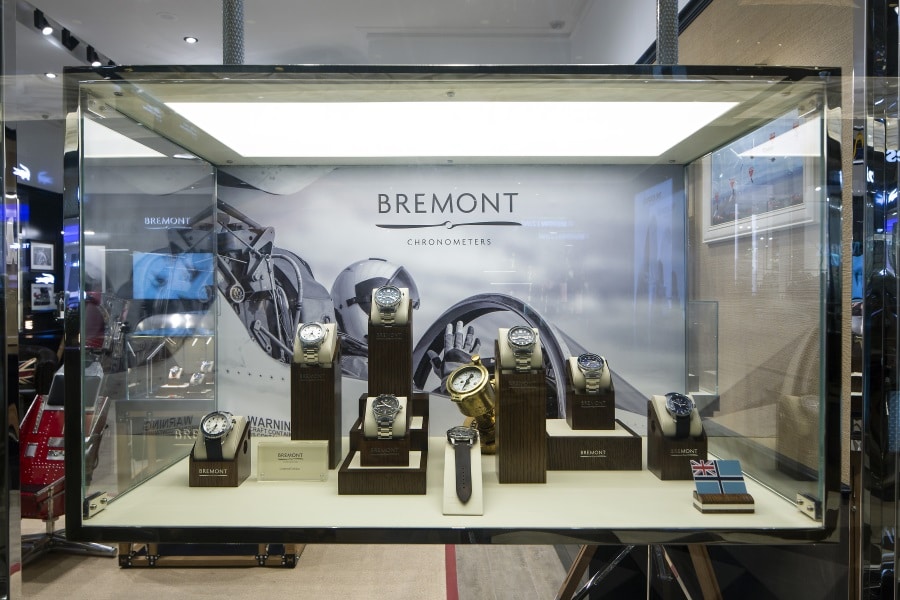
“Absolutely loads of ’em. But we’re under NDAs for all. We do a lot of SAS stuff, we do a lot of counter-terrorism–there’s lots of stuff we can’t talk about.”
The English brothers’ affinity with the skies started from a very early age, when their father, an Air Force pilot, took them up in the air.
“My dad learned to fly with the Air Force, he did a lot of flying there. And then there was about a probably seven or eight year period where he wasn’t flying because of young kids. You go through a space in your life where you just don’t have time for anything. He went to an auction, this is in the ’70s, and bought this Second World War aircraft. It was a Christie’s auction, and I just thought, “My god, this is bloody cool”. He put his hand up and bid and bought this aeroplane, a 1942 World War II thing. And I thought, ‘What? Dad?’
“I knew he flew and that sort of stuff in the past, but I was only seven, maybe eight years old. He bought this thing, started it up and flew it back from Yorkshire. That was very cool, I literally got in the back with him, which is phenomenal. And then we grew up going to air shows and doing other bits with him.
Sadly, in 1995, tragedy struck, when the plane which was piloted by Nick’s father crashed. Nick was in the back, and survived the incident. His father did not.
“I remember taking off, I remember doing all the display flying, I remember lying in the field, I remember being really smashed up, and I was airlifted to the hospital. But I don’t remember the last 20 seconds of the accident.
“I’m sure it’s buried in there somewhere, and if it comes out hell will break loose.”
For Nick, recovery couldn’t come fast enough, and his unflappable British stiff upper lip shows when he describes his discharge from hospital, after breaking 17 bones and losing his beloved dad, as a ‘funny story’.
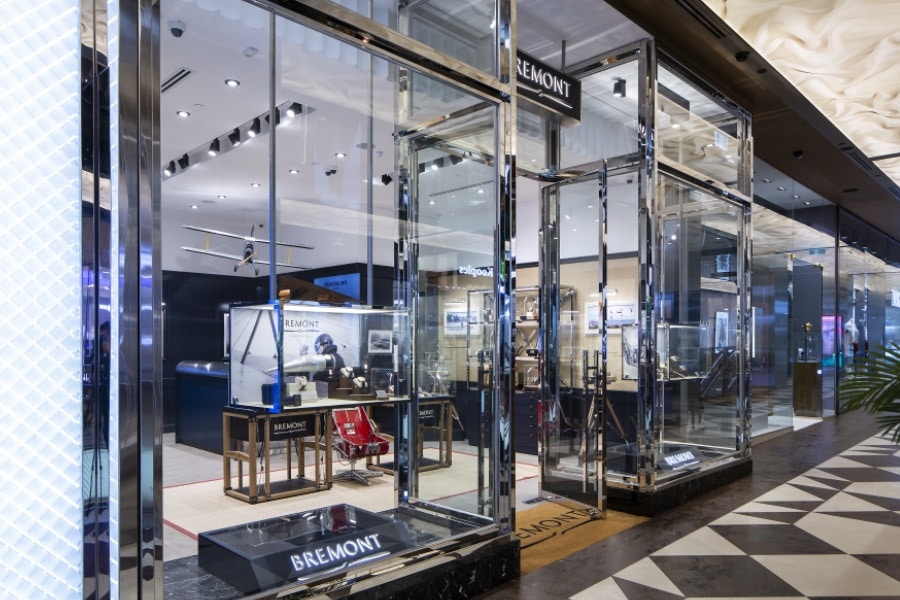
“I’d just come out of intensive care; I was in intensive care for weeks and weeks. I came out and–this is National Health, it’s not the most salubrious of surroundings–I had this ward, and I was the only one on the floor stuck in this ward. I came out of intensive care and I had my own room. I thought, “This isn’t too bad, I have a TV.” And I thought, “This is pretty cool.”
“And then Giles came in, with our best mutual friend. He came and stuck page three of The Sun (famously known for its portrayal of topless women) on the wall. I’d literally just come out of intensive care, and the sister of the ward came in and said, ‘If you’re well enough to look at that, you’re well enough to go into the main ward’, and I was pulled out after 12 hours. I rang Giles up and said, ‘You’ve gotta get me out of here.’ So I discharged myself.”
****
For some, an accident like Nick’s would be a trauma too awful from which to recover. He and Giles, however, decided to use the tragedy as a springboard.
“Often you need a bit of a nudge to do things in life. A catalyst, a tipping point, whatever you want to call it. For us it was our dad. We always thought we were going to end up working with our dad. He was an entrepreneur, he had engineering competence, so we always thought one day we’ll end up working with him.
“He died at the age of 49, so he was very young. And suddenly he wasn’t there.
“For Giles and I, this was the sort of tipping point we had, that was like, ‘Actually, let’s go off and do something yourself.’ Life was suddenly very, very short.”
The first thing on Nick’s list was to create a brand that was inherently British in all its aspects, to give the Swiss, in particular, a run for their money not just in terms of quality, but transparency, something not often noted in the elusive and opulent world of high-end watches.
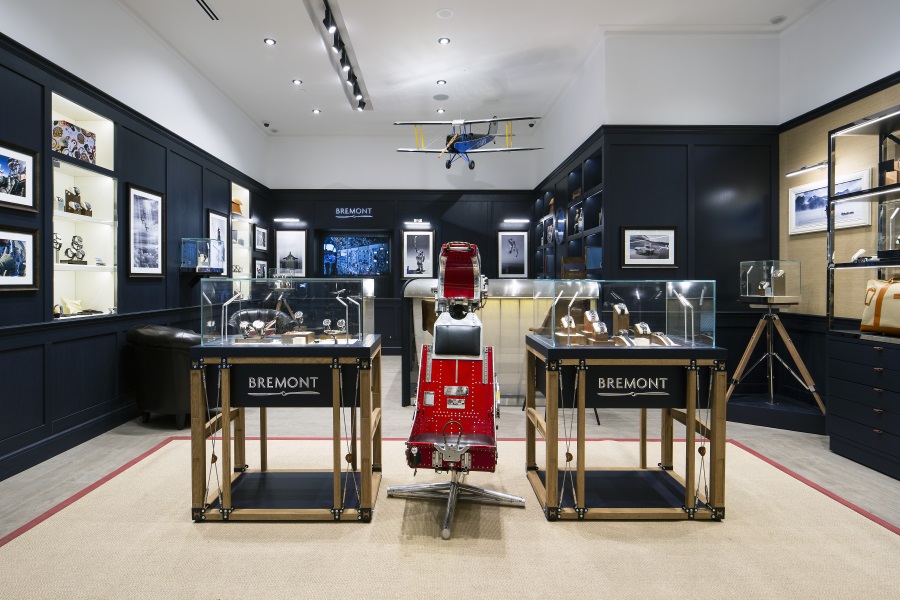
“Take cases for example”, he declares. “This is where there’s lots of smoke and mirrors in the industry. Believe it or not, most cases aren’t made in Switzerland. They’re made elsewhere.
“I’m not going to name names, but I’ve seen everything. And what we do in the UK, you can genuinely go and see that bar of metal (going in) and that case coming out. And it’s done by people who used to be in the arms industry, or Formula One, the medical industry, those are sort of people we’ve got working for Bremont.
“And the passion they put into these things mean our cases are very complex. If you took this Martin Baker case apart, there’s so many parts to it. And it’s a very, very hard case to make. It’s a very hard case to machine, we’ve got a couple of 11-axis CNC mill turning machines to do that; million-dollar machines, to do so many different angles.
“If you pick up a normal case from any brand, I’ll say most of them are three piece cases without any interesting facets on them, or it’s all about the dial. But actually, when you see a lovely case, which is beautifully engineered, it is engineering. A human hair is 50, 60 microns. And they’re machining to three or four microns consistently. And every case we do is identical, in terms of finish and in terms of size, because it’s all automated.
“We haven’t got any legacy equipment, so it’s all very new stuff.”
With an idea, a vision for its execution and a plan to make it popular, there was only one thing Nick and Giles were lacking in the late ’90s before Bremont could come to fruition: the name ‘Bremont’. How they arrived on a French name for an English company, involves an empty fuel supply, a pea field, and a character who quickly became their unlikely muse.
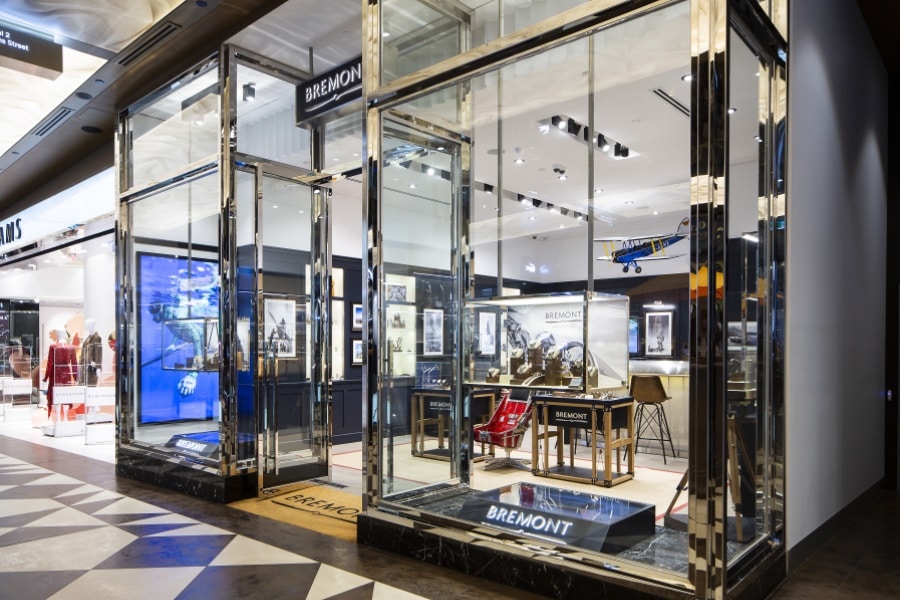
“Our surname’s English. So seeing a British watch brand called English? I think the irony would have been lost on quite a few people. We also didn’t want to buy a brand. The whole industry is full of brands which were dead 50 years ago being reinvigorated, and then everyone’s saying they’ve got this amazing history of 150 years. We didn’t want to do that, so Giles and I, (for the) first three years of starting Bremont, we didn’t have a name at all.
“When we had to really start thinking about a name it came down to this trip we made through France. We were very, very lucky as kids and I hope I can do the same with my kids in terms of responsibility. But I would be 17 or 18 years old, Giles would be 15 or 16, and we would say to our dad, ‘We’re off to Europe,’ and we’d fly an old 1940s aeroplane off with a map, a compass, and a watch.
“And dad would say, ‘Great. Phone in once a week to make sure you’re okay.’ And that was it.
“We used to take off, follow the ferry from Dover to Calais, realise it’s going to Ostend halfway across and make a correction. But there’s an hour and a half fuel in these aeroplanes, so you’re often running out of fuel ’cause you couldn’t find the airfield, or whatever”, he somewhat casually muses.
“This particular time we landed in a field in northern France.
“This is a couple of years after dad died. I was sort of mid-twenties, and we landed, and it’s illegal to do that in France. If you do it in America or England, you sort of buy a bottle of whisky or something for the farmer. But it’s all very bureaucratic so we landed, and Giles hitchhiked–with a very good looking girl, I have to say–, to go and get some fuel. I was left in the field.
“And this guy came out and helped us, and we ended up pushing the aeroplane into his barn. To cut a long story short, we ended up staying there for three days because the weather was awful. His name was Antoine Bremont.

Bremont, who was 78 at the time, reminded the English brothers of their father, and left an indelible impression upon the two. He passed away some years later, though not before seeing the first prototype of his namesake wristwatch.
****
Something that sets Bremont apart from many others is their unique partnerships, which have helped propel the brand’s public perception, without compromising their reputation.
“I think for a brand to work, you have to be authentic to your roots. And when we’re working with Jaguar, if you take that as an example, it’s all been done with Ian Callum, who is the chief designer of Jaguar. He came from Aston Martin where he designed the DB7 and DB9 and Vanquish, and then he came to Jaguar. It was about relationships, he loved what we were doing on a personal level. On a product level.
“I think you’ve got to live, you’ve got to breathe, and you’ve got to do what you’re preaching.”
One of the best bits of advertising Bremont has received to-date was Nick and Giles’ involvement with the first Kingsman movie Kingsman: The Secret Service. Director Michael Vaughn’s best man, Harry Hart (yes, Colin Firth’s character in the films is named after one of Vaughn’s school friends) wore a Bremont, one of many in his collection, and advised his friend who was looking for a suitable English watch brand to look them up.
“It was quite surreal. I was actually one of the Kingsman, for a blink-and-you’d-miss-it moment, which is quite amusing. We got quite heavily involved. It was really nice ’cause Matthew Vaughn just walked into the boutique.
“And it was the British connection, which is fantastic. That was an obvious one. But also the fact we were doing counter-terrorism.”

Bremont, though still a young company compared with many in the same vein, is the only watch company to have signed the armed forces covenant, which stipulates a company’s ongoing commitment to the British armed forces. This is a commitment which covers employment for ex-servicemen, “You can imagine a bomb disposal guy is actually quite good at putting watches together”, Nick quips, as well as charitable involvements with causes such as The Invictus Games, Walking With The Wounded, and the RF Association.
“By signing, you’re showing that you have commitment moving forward as well. So it’s not just about the past, it’s about the future. We quite like it”, Nick says before also confessing that “It dovetailed quite nicely into a whole new range of watches.”
Perhaps the strangest collaboration, though, is that which Bremont did with Rolling Stones guitarist Ronnie Wood, an accomplished painter, who designed the face of a clock for Nick and Giles in 2012.
“He’s one of the nicest individuals you’ll ever meet”, Nick says matter of factly. “He’s like a cuddly grandpa.
“Giles and I took him to Monaco, and that was the most surreal weekend. But the word ‘artist’ is designed for someone like him–he’s a proper artist, an awesome musician in that respect. He’s got rooms in his house just full of art. Sculpture, and paintings that are half done.
“We got introduced to him and it was quite a big year for the UK, it was a bit like your 2000 over here with the Olympics, so we said, ‘Why don’t we do this beautiful clock?’
“Everything down to the smallest screw was designed and engineered in the UK, and he said, ‘Great, I’d love to paint it.’ So he did this incredible painting with horses.”
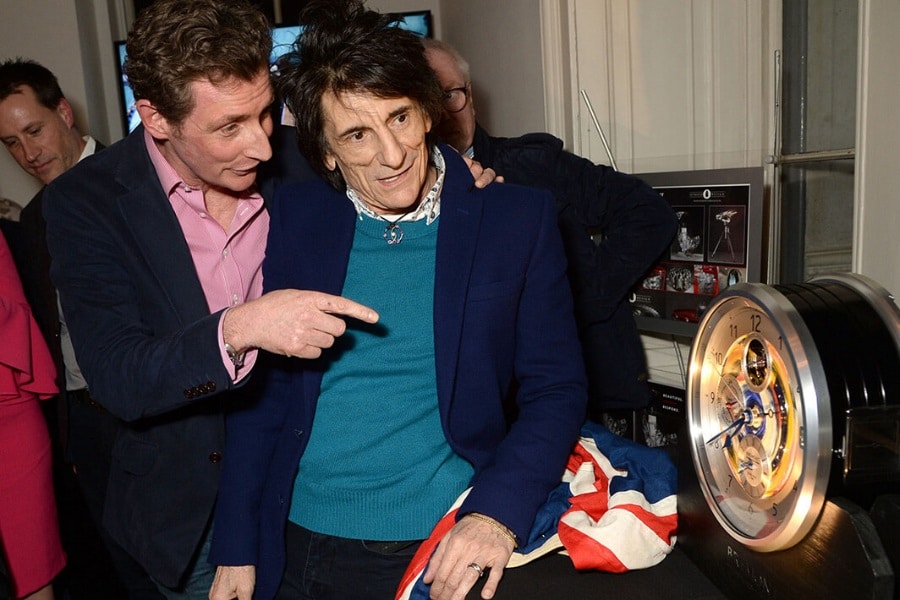
Wood, a gypsy from the north in the most classic sense, has an obvious affiliation with horses, for their strong links to the families who live among the canals where he grew up. Perhaps most fascinatingly, however, Nick declares: “What’s amazing about is he doesn’t dye his hair. I swear. He does not dye his hair, it’s amazing.”
If you ask Nick what the most important thing Bremont can do as a company is, however, he’ll proudly, in a very British way, state that it’s time that the art of watchmaking returned to England.
“We led the world”, he is quick to say. “The world sets time by Greenwich. A ship’s chronometers? You’ve got cue testing, you’ve got Greenwich testing.
At the turn of last century, 60 per cent of the worlds clocks and pocket watches and things came from the UK; 60 per cent of the innovation in any mechanical watch is British, but we got knocked out over two World Wars, because if you could build a watch, you could build a gun, or an aeroplane. And then it died.
“The last company to make any watches in any number was Smith’s in the ’60s. And they kind of got killed off by the quartz revolution.
Bremont’s strategy so far has seen them become a fast favourite amongst military personnel, but military watches are hardly a new concept. When asked what makes a fantastic military watch, Nick says it’s all about legibility and robustness, again citing his brand’s signature Trip-Tick case design and construction as key elements.–“I mean, the case is a body of art, you know? It’s seven times more scratch resistant than normal stainless steel. If you look at them, you can tell the time quite quickly, and that, for me, is very, very important. You end up wearing a watch that you don’t have to look twice at.
“And I think that’s a military thing. You can’t market to these people, that’s the thing. You can’t go into a military airbase and stick a poster up, so it’s all very much word of mouth. There’s a whole new generation of military folk looking for something slightly different. They don’t want to have a quartz watch, if you’re in an RAF briefing you can’t go in with a smartwatch cause it’s a listening device, you’re not allowed.
“There is a place for these mechanical watches, which is fantastic.”
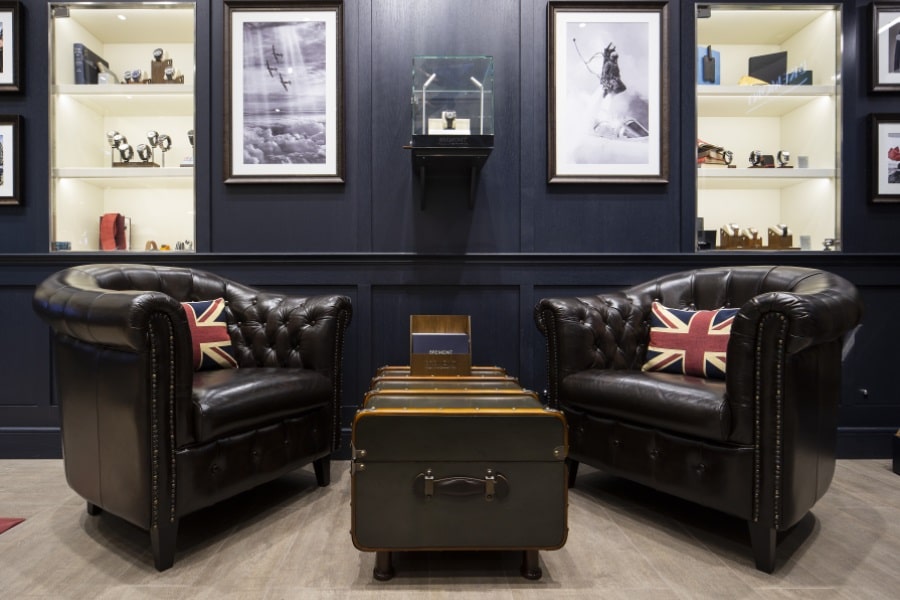
Finally, I remind Nick of Einstein’s definition of time–“Whatever my watch says it is”–, and ask him if he has his own take. His response is unsurprising for a man who has spent a life sailing, flying, and driving around the world, with a fearless demeanour that couldn’t be shaken by the very crash that robbed him of a family member, and nearly killed him in the process.
“Time is something you can never get back. I mean it’s the most precious thing we have, isn’t it?
“If my kids ever say, ‘I’m bored’ … that is the worse thing you could ever say to me. Because you know, it disappears so quickly. When I was here in 1990, it just doesn’t feel that long ago. Then you realise that it’s nearly three decades ago. It’s quite scary.”
Scary though it might be, time is something which the English brothers have mastered, in more ways than one.
You’ll also like…
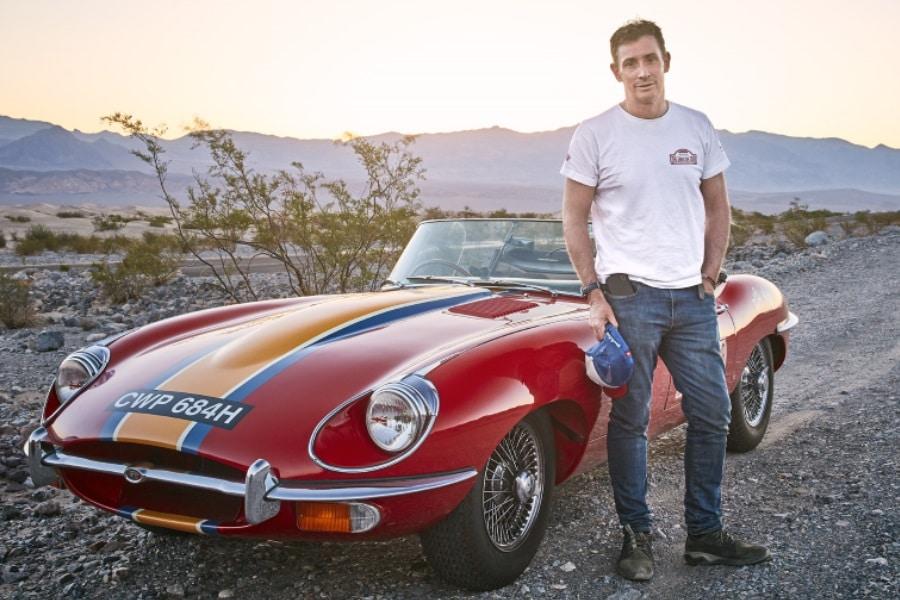
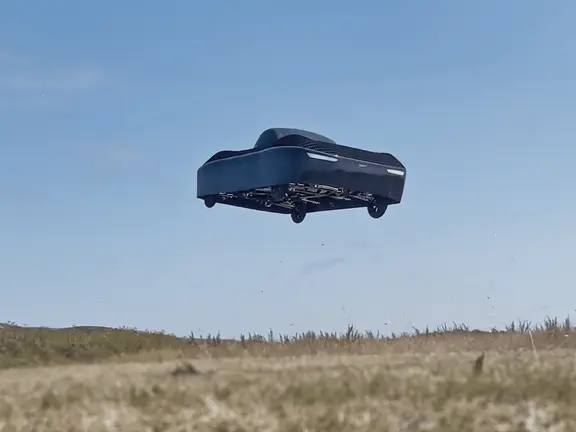




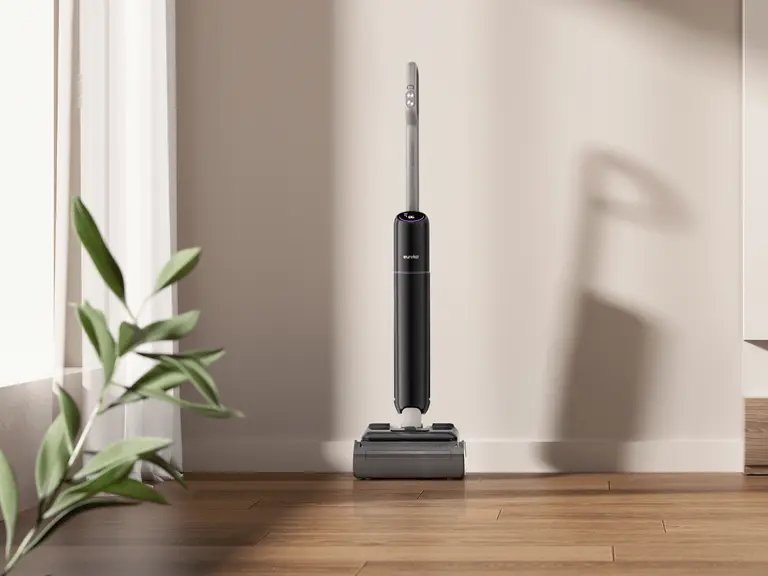









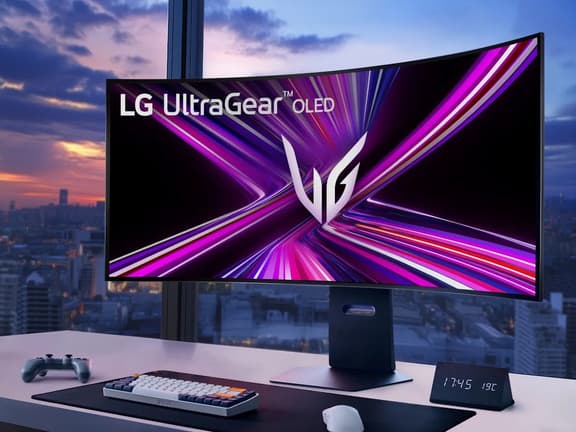



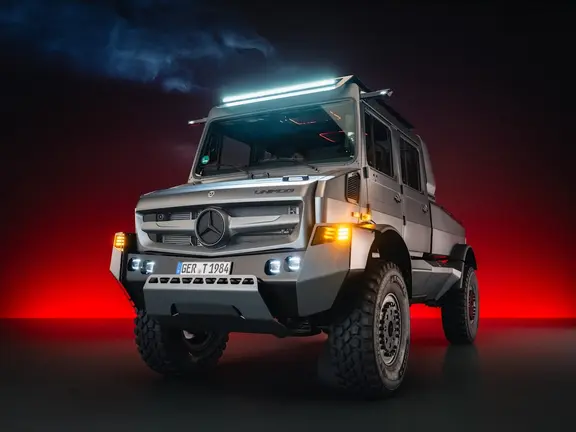
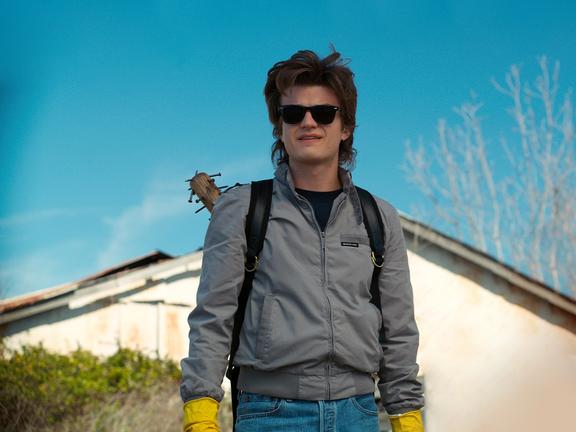
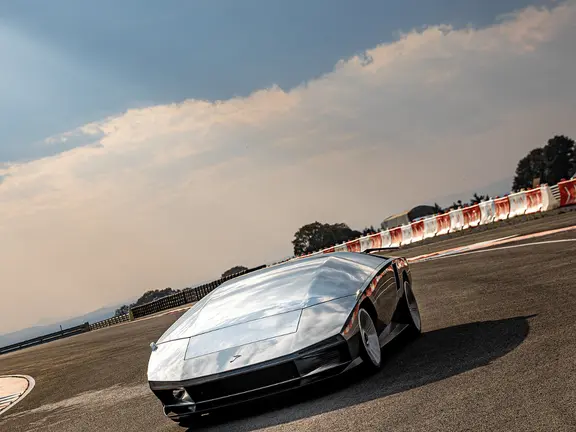








Comments
We love hearing from you. or to leave a comment.